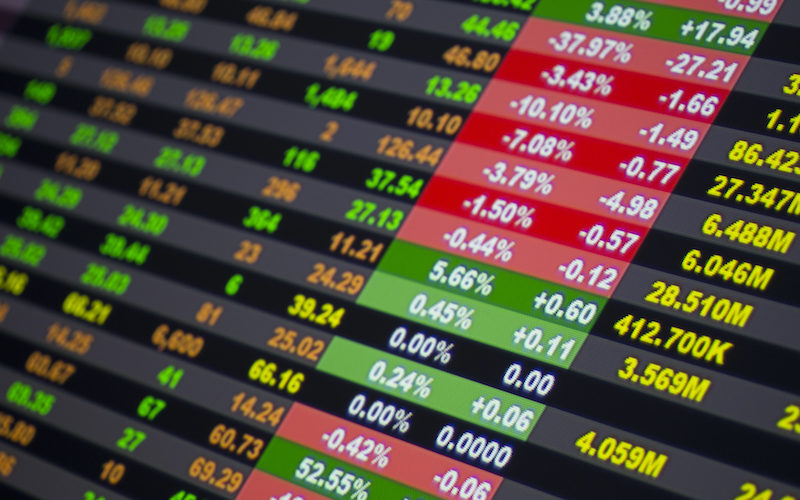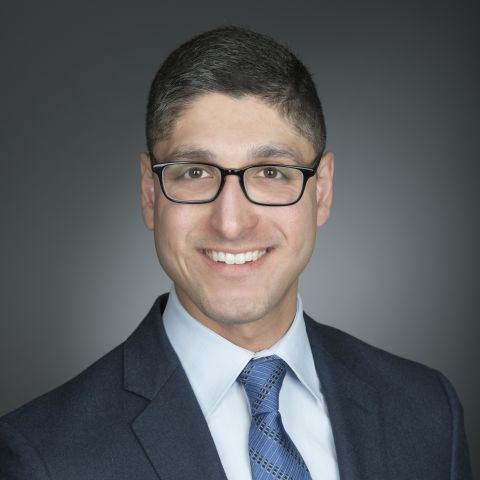
The Supreme Court reaffirms lower courts’ ability to claw-back profits from violators of securities laws.
For decades, the U.S. Securities and Exchange Commission (SEC) has relied on district courts’ authority to order the disgorgement, or claw-back, of ill-gotten gains from those who violate the nation’s securities laws.
In Liu v. SEC, a case decided last month, the U.S. Supreme Court considered a challenge to that authority. The case raised the question of whether federal law permits district courts to order disgorgement relief in civil securities enforcement actions, or whether the SEC can disgorge funds only in administrative proceedings. Reassuringly for victims of fraud and other violations of the nation’s securities laws, the Court held that district courts can disgorge funds, retaining an important tool in the government’s arsenal to fight securities law violations.
The Court, however, put some limitations on district courts’ disgorgement authority and left open other questions about the scope of their disgorgement authority. It remains to be seen how the SEC and future courts will resolve those unanswered questions.
The SEC can enforce the nation’s securities laws by bringing actions to halt wrongdoers from engaging in illegal acts and practices, and securities laws grant district courts the authority to hear such cases and issue judgments. The Securities Exchange Act of 1934—which, among other things, created the SEC and prohibits certain conduct in the securities industry—grants district courts “exclusive jurisdiction of violations of this title or the rules and regulations thereunder, and of all suits in equity and actions at law brought to enforce any liability or duty created by this title.” The Sarbanes-Oxley Act of 2002 is even clearer, giving courts authority to grant “any equitable relief that may be appropriate or necessary for the benefit of investors.”
In its opinion by Justice Sonia Sotomayor, the Supreme Court reasoned that “equity practice long authorized courts to strip wrongdoers of their ill-gotten gains.” That remedy has sometimes gone by different names, such as “accounting” and “restitution,” but courts have always had the power to disgorge “a wrongdoer’s net unlawful profits.” The Court, therefore, held that Congress intended to grant courts the disgorgement power when it passed securities laws such as the Exchange Act and Sarbanes-Oxley.
This was definitely the right answer. Although the Court did not focus on it, a number of statutes passed by the U.S. Congress have themselves confirmed the existence of disgorgement authority. For instance, in the Insider Trading and Securities Fraud Enforcement Act of 1988, Congress amended the Exchange Act to establish an express private right of action for investors who traded securities at the same time and of the same class as a person who committed an insider trading violation, but Congress required courts to offset any damages against the amount that a violator “may be required to disgorge, pursuant to a court order obtained at the instance of the Commission.”
Similarly, in the Private Securities Litigation Reform Act of 1995, Congress prevented lawyers from taking portions of disgorged funds as attorneys’ fees, specifically stating that “funds disgorged as the result of an action brought by the Commission in federal court” shall not be distributed as attorneys’ fees. By specifically referencing—indeed, relying upon—the existence of court-ordered disgorgement in various securities provisions, Congress made clear that it wished for courts to have disgorgement authority.
The Court’s decision in Liu is an important win for consumer advocates and the SEC. Indeed, the challengers to disgorgement authority had sought not simply to limit that authority but to prohibit it altogether. The petitioner in Liu argued that Congress “allowed the SEC to seek disgorgement relief only in administrative proceedings.” Similarly, the U.S. Chamber of Commerce argued in its friend-of-the-court brief that “Congress did not give the SEC the power to seek disgorgement in judicial proceedings.” The Court rejected that extreme argument, ensuring that the SEC will not permit violators of securities laws to retain their ill-gotten gains.
The Court in Liu thus largely permitted disgorgement to go forward, but it placed some guardrails on the disgorgement power. Most prominently, the Court held that disgorgement can only focus on the “net profits” of a scheme and that “courts must deduct legitimate expenses before ordering disgorgement.” Because the lower court in Liu declined to deduct legitimate business expenses from the amount of the disgorgement order, the Supreme Court sent the case back down to the lower court to determine the appropriate amount of disgorgement.
Moreover, the Supreme Court highlighted that there remain unanswered questions about the reach of the disgorgement power, but it did not answer them in the Liu opinion. The Court noted, for example, that the SEC should generally return disgorged funds to victims of the securities violations, but the Court did not answer what would happen if the SEC cannot practically disperse wrongdoers’ profits to the victims.
The Court also suggested that there remain open questions about the extent to which wrongdoers can be required to pay for benefits that accrue to their affiliates, stating that some such circumstances could “transform any equitable profits-focused remedy into a penalty.” Courts going forward will have to address these questions, and their answers may clarify the scope of disgorgement authority.
For the time being, however, Liu represents an important affirmation of the longstanding principle that violators of the securities laws cannot benefit from their ill-gotten gains. Liu is an important win for consumers, ensuring that the SEC can enforce the securities laws and reimburse victims of securities fraud and other securities violations.
This essay is part of a series entitled The Supreme Court’s 2019-2020 Regulatory Term.




